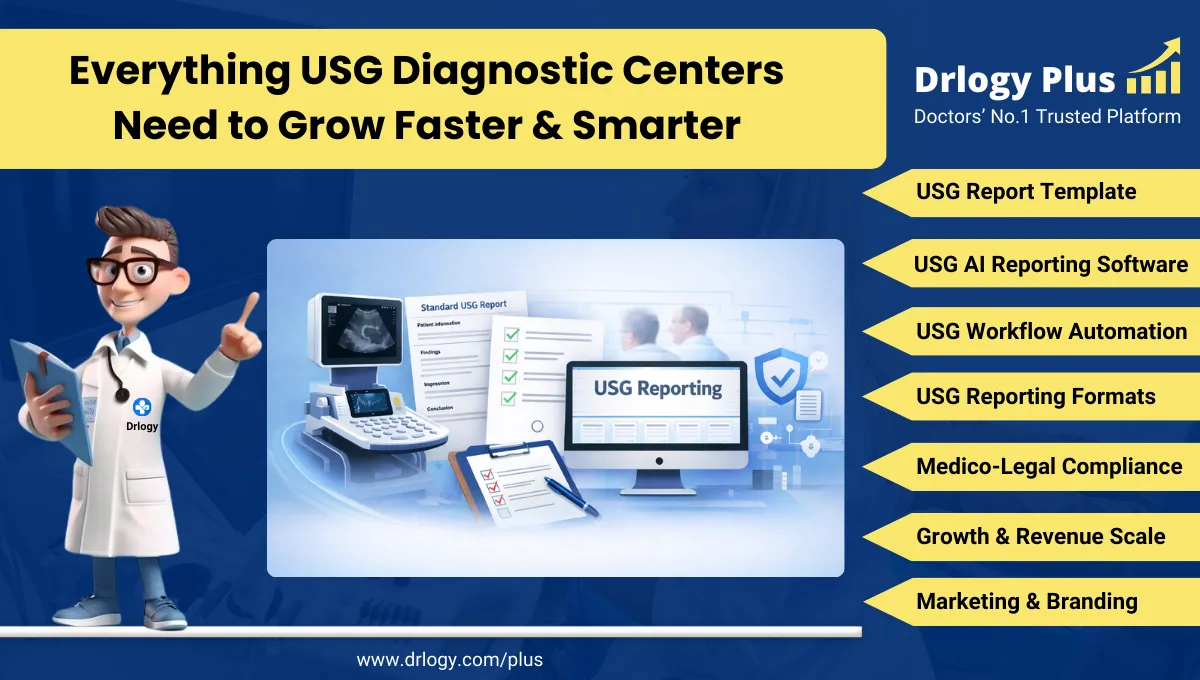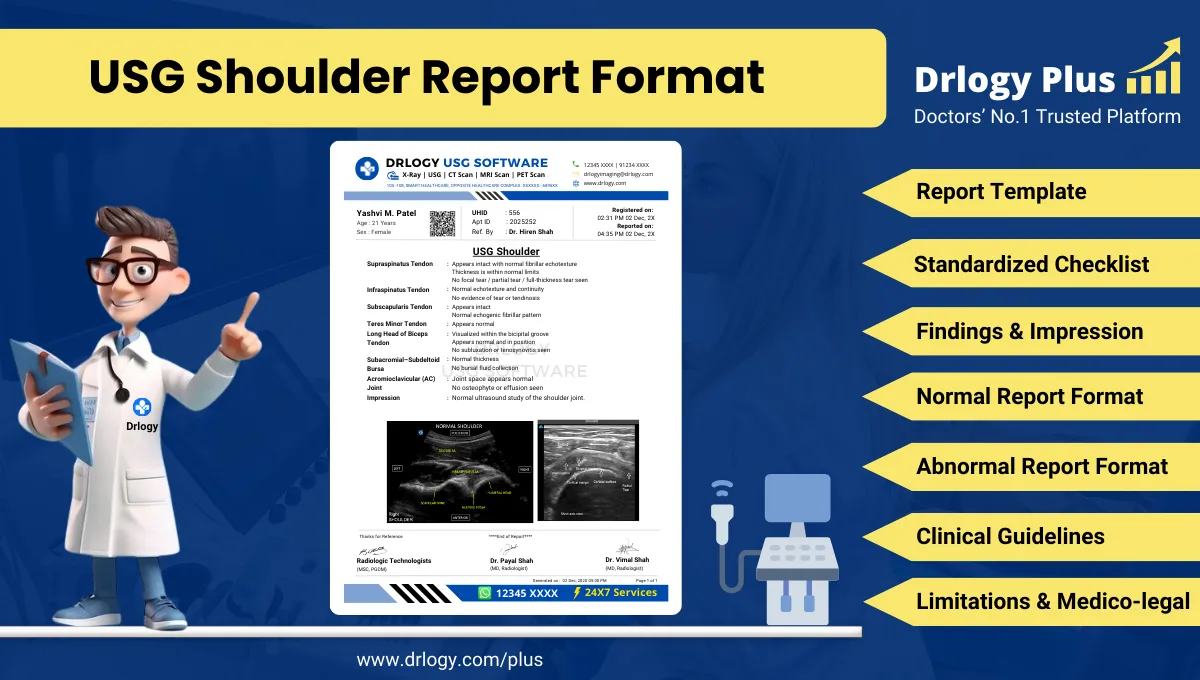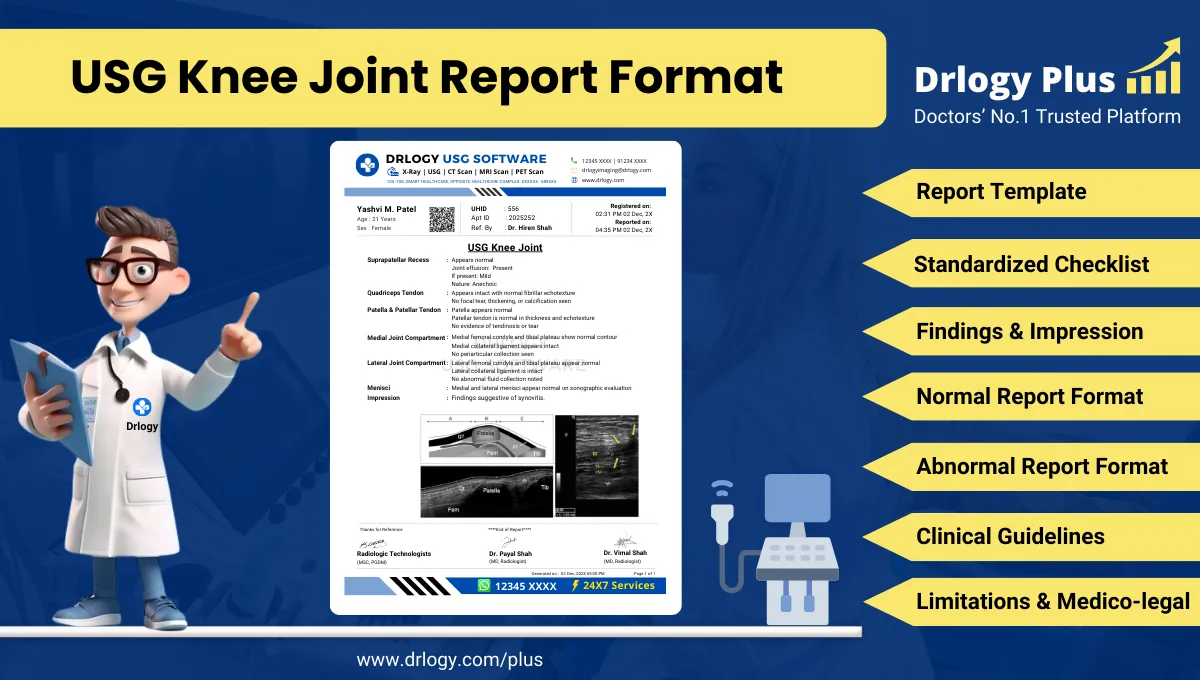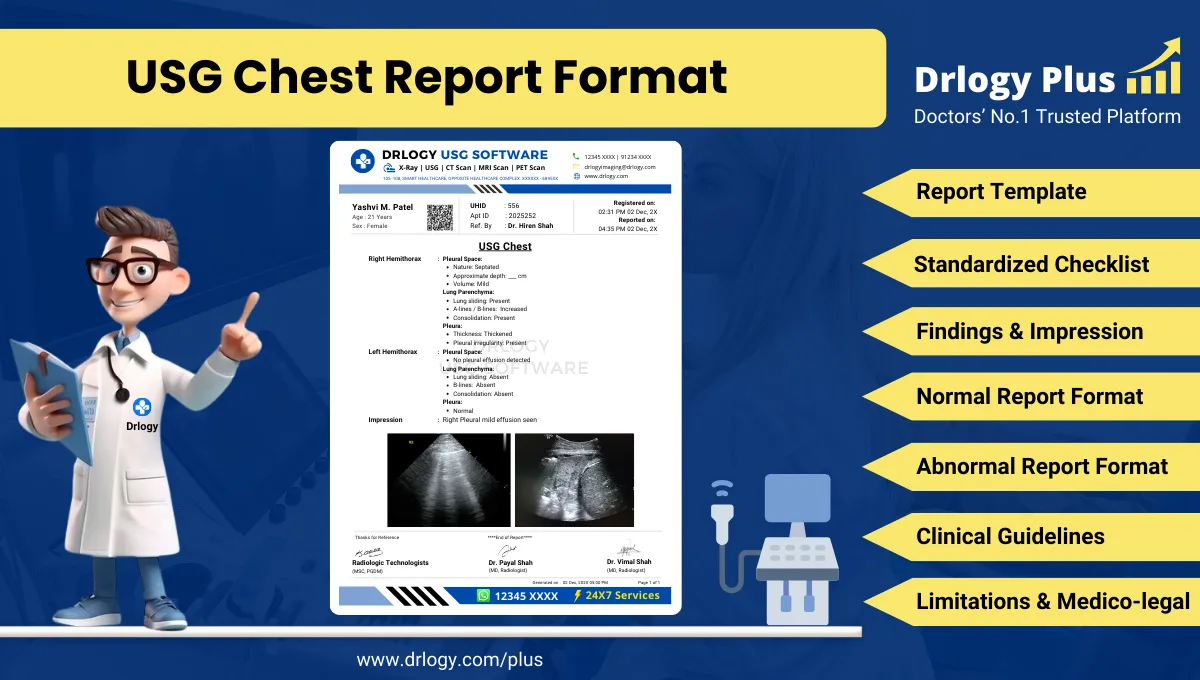

Drlogy
Healthcare organization
Why EHR Feature Must In Practice Management Software
Electronic Health Records (EHR) systems play a crucial in streamlining practice management by centralizing patient information and automating essential workflows.
Check:
The right EHR features not only improve efficiency but also enhance patient care and safety.
Also Join:
10 Best EHR Features For Practice Management Software
Check 10 Best EHR Features for Practice Management Software.
1. Patient Data Management
- Centralizes all patient data, including demographics, medical histories, and treatment plans.
- Allows for real-time updates of patient records during consultations.
- Integrates with lab results, imaging reports, and previous visits for comprehensive care.
- Enables healthcare providers to access patient records securely from any location.
- Reduces paperwork by digitizing and storing all patient-related information.
2. Clinical Documentation
- Provides customizable templates for different specialties and types of visits.
- Streamlines the documentation process with pre-populated fields and auto-fill features.
- Allows physicians to input notes using voice recognition or dictation tools.
- Ensures accurate and thorough documentation with standardized forms.
- Reduces time spent on administrative tasks, freeing up more time for patient care.
3. e-Prescribing
- Enablesect and electronic transmission of prescriptions to pharmacies.
- Provides drug interaction alerts and dosage recommendations to ensure patient safety.
- Tracks patient medication history to avoid over-prescription or duplication.
- Allows for refill requests to be sent and processed electronically.
- Enhances patient convenience and reduces wait times for prescriptions.
4. Appointment Scheduling and Calendar Integration
- Supports easy scheduling, rescheduling, and cancellations through an integrated calendar.
- Reduces no-shows by sending automated appointment reminders to patients.
- Enables patients to self-schedule appointments through an online portal.
- Offers multi-provider scheduling for group practices and clinics.
- Syncs with external calendars, ensuring that healthcare providers stay organized.
5. Interoperability
- Facilitates secure data sharing with other healthcare systems, ensuring continuity of care.
- Integrates with lab systems, pharmacies, and imaging centers for a seamless workflow.
- Ensures compliance with industry standards like HL7, FHIR, and others.
- Allows for the smooth exchange of patient records between different healthcare providers.
- Improves patient care by enabling access to complete and accurate medical records.
6. Clinical Decision Support (CDS)
- Provides real-time alerts, recommendations, and warnings based on patient data.
- Helps prevent medication errors by flagging potential drug interactions or allergies.
- Suggests best practices and treatment options based on current medical guidelines.
- Enhances diagnostic accuracy by offering clinical reminders for preventive care.
- Reduces the likelihood of errors in treatment plans, improving patient outcomes.
7. Billing and Revenue Cycle Management (RCM)
- Automates the generation of patient invoices and claims submission.
- Integrates with insurance providers to verify patient eligibility and streamline claims.
- Tracks unpaid bills and sends reminders to patients for outstanding payments.
- Reduces billing errors and improves reimbursement rates by ensuring accurate coding.
- Provides financial reports that help practices monitor revenue and manage cash flow.
8. Patient Portal
- Allows patients to access their health records, lab results, and prescriptions online.
- Facilitates secure communication between patients and healthcare providers.
- Enables patients to schedule appointments, request refills, and pay bills through the portal.
- Empowers patients to engage more actively in their healthcare management.
- Improves patient satisfaction by providing easy access to their medical information.
9. Compliance with Regulatory Standards
- Ensures that the system is HIPAA-compliant for the secure handling of patient data.
- Automates compliance with meaningful use and MACRA requirements for incentive programs.
- Includes audit trails and data encryption to protect against unauthorized access.
- Provides updates to keep the system compliant with new regulations and standards.
- Minimizes legal risks by maintaining thorough and accurate records.
10. Mobile Accessibility
- Allows healthcare providers to access patient data on the go through mobile devices.
- Supports remote consultations with patients through telehealth features.
- Enhances workflow flexibility by enabling tasks to be completed outside the clinic.
- Syncs mobile data with the main EHR system to ensure consistency and accuracy.
- Improves the efficiency of healthcare providers by allowing access to key information anytime.
Drlogy Practice Management Software Features Guide
Here's a full guide for the 14 best Practice Management Software features.
| 1. Appointment | 8. Data Security |
| 2. Clinic Management | 9. Staff |
| 3. Billing | 10. Support |
| 4. Reporting | 11. Patient Portal |
| 5. EMR | 12. Patient Education |
| 6. EHR | 13. Communication |
| 7. Prescription | 14. Patient Followup |
Summary
Overall, Incorporating these essential EHR features into your practice management software can greatly enhance operational efficiency, patient care, and overall practice success.
Check Drlogy Practice Management Software Features Guide provides a comprehensive overview of essential features designed to streamline clinic operations and enhance patient management efficiency.




